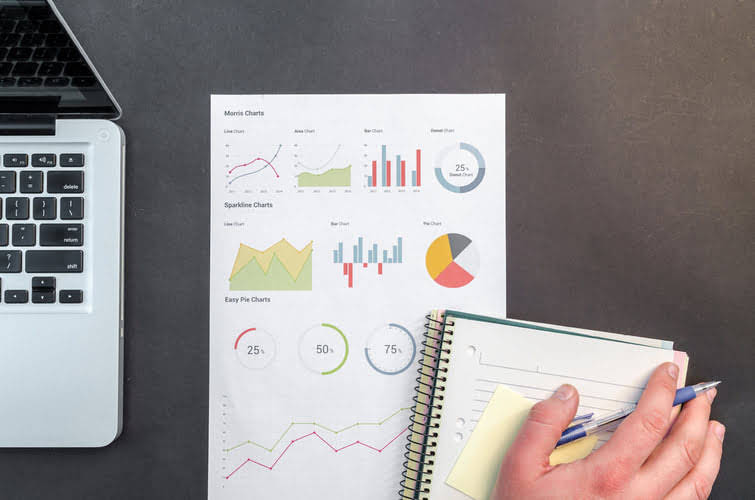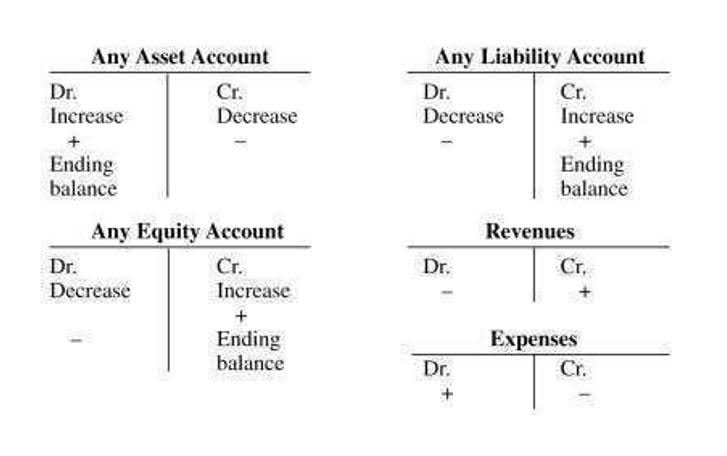
Modern AI-driven accounting software can automatically flag unusual transactions, identify inconsistencies, and check for compliance with accounting standards. This constant monitoring ensures that financial statements blockchain in accounting remain accurate and reliable. Companies that embrace them not only save time and money but also improve compliance, strengthen security, and offer better services to clients and stakeholders. Why These Trends MatterThe shift toward digital transformation in finance is not just about keeping up with competitors — it’s about staying relevant in a fast-changing world.
The Role of Blockchain in the Future of Finance
This makes blockchain an ideal solution for industries like banking or insurance, where preventing unauthorized access or modifications to transaction histories is paramount. By providing a transparent and secure record, blockchain significantly decreases the chances of financial fraud or data breaches. Adopting new technology in accounting can bring significant benefits, but success depends on careful planning and execution. While digital transformation in finance offers many benefits, implementing new tools also brings challenges.
- The implementation of the technology involves addressing significant challenges, but also has numerous potential advantages.
- Integrating DeFi with blockchain could allow businesses to manage their finances in a decentralized, transparent, and automated environment.
- Blockchain technology is reshaping various sectors, and its influence on financial auditing and accounting is particularly noteworthy.
- Blockchain’s decentralized nature also helps act as proof that a transaction happened.
3. Qualitative Analysis

Automation through smart contracts also leads to substantial savings in administrative costs. In industries like insurance, where claims processing is labor-intensive, blockchain can automate verification and settlement, reducing manual intervention and minimizing human error. These efficiencies lower costs while improving service delivery, enhancing customer satisfaction.
1. Descriptive Analysis of the Literature
Therefore, it writes smart contracts based on the Ethereum platform to achieve the secure sharing of financial accounting information between enterprises. This work employs a randomized experimental design approach, using a computer-generated random number program to divide 100 enterprises into experimental and control groups, each comprising https://gyorsag.egyhazkozseg.hu/2022/04/11/early-payment-discounts-save-costs-improve-cash/ 50 enterprises. Enterprises in the experimental group share financial accounting information using smart contracts on the Ethereum platform during the experiment.
S1 Data.
Blockchain can help prevent accidental duplication of invoices, expenses, or payroll payments based on the correct realization of smart contracts or transaction control systems. The chances of record duplication are reduced as each transaction gets a unique cryptographic signature. Blockchain’s task is to ensure a real-time reconciliation by underlining the duplicate entries. These trends are at the heart of digital transformation in finance, enabling faster decision-making, stronger compliance, and better client experiences. They are also driving accounting innovation by changing the role of accountants from data processors to strategic advisors.
- In this post, we’ll focus our attention on how blockchain affects the accounting industry and what impacts this technology can have on your small business finances.
- The integration of blockchain technology into accounting and audit processes has opened up a realm of possibilities for reshaping the way financial data is managed, audited, and reported.
- And when you begin to watch produce and different industry verticals leveraging blockchain technology in production today, all those firms leverage participants in the accounting profession.
- Blockchain minimizes overhead and manual transaction processing by excluding the dependency on third parties and eliminating the need to perform manual audits.
- In order to address these issues, academia and industry have increasingly focused on the application of blockchain technology in enterprise financial accounting information sharing 9,10.
Derek writes passionately about AI, cryptocurrency and blockchain, and the future of finance. He graduated from London University, Derek has a passion for English literature and lives in Hampshire with his wife and 2 children. This creates an audit trail which can prove invaluable should there ever be questions about financial records or discrepancies discovered during an audit. This includes working with internal staff members and external consultants who have expertise in both accounting practices as well as blockchain solutions. It also involves considering all necessary hardware, software, and personnel resources required for successful implementation. Blockchain technology has been a game-changer for the accounting industry, offering a plethora of advantages in cost savings, audit trails, and more.
Digital identity verification
However, the correctness of data depends on the source information checked by the accountants. The immutable ledger ensures no record can be altered, eliminating the manipulation of tax-relevant data. Finally, due to the integration with the API of tax offices, smart contracts can calculate and file tax automatically based on recorded transactions. It provides a secure and transparent way to record financial transactions and improves many traditional processes in accounting. With the rise of AI and automation in accounting, businesses are also starting to combine blockchain with artificial intelligence to create faster, more accurate, and more secure financial systems.

Blockchain technology, in particular, is a transforming force to ensure financial data integrity and eliminate the risk of tempering using its decentralized ledger system. Payroll management encountered the dilemma of ghost employees gym bookkeeping who could divert and manipulate funds. Implementing blockchain technology in accounting can eliminate potential fraudulent actions in the following ways.

Essential Tips for Achieving Accurate Revenue Recognition
The impact of blockchain in accounting is significant as it eliminates manipulations with records and minimizes human errors. We’re going to focus on fraud prevention and error detection capabilities of blockchain in accounting. In today’s world, accounting technology trends play a big role in shaping how finance teams operate. Innovations such as blockchain and digital transformation in finance help increase efficiency and reduce errors. Staying informed and adopting new technologies will drive success in accounting’s future. For example, if reconciliations are still done manually and take days to complete, automation could reduce that to minutes.


